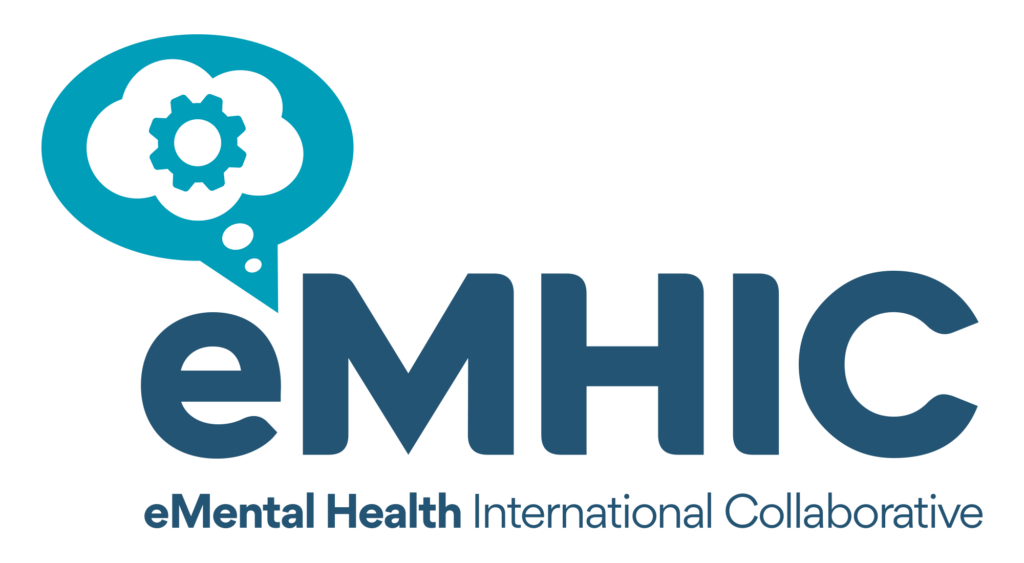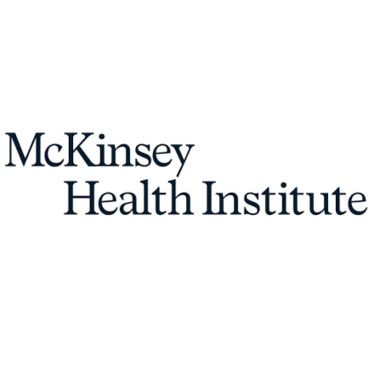A new McKinsey Health Institute survey finds that Gen Z’s social media engagement can feel negative but can also help with finding mental health support and connectivity.
Much like many relationships a person might have between ages 18 and 24, the relationship a young person has with social media can be complicated. No matter where they live, respondents in a new global survey said social media usage can lead to a fear of missing out (FOMO) or poor body image, but it also can help with social connections and self-expression.
McKinsey Health Institute’s (MHI’s) 2022 Global Gen Z Survey asked more than 42,000 respondents in 26 countries across continents questions based on the four dimensions of health: mental, physical, social, and spiritual.1 MHI then analyzed differences and similarities across generations and countries, with a hope of informing the broader dialogue around Gen Z mental health.
Key Takeaways
- “Gen Zers and millennials are more likely than other generations to say social media affects their mental health.”
- “While social media and tech have a consistent positive impact across all age cohorts, the negative impact increases substantially for younger ages.”
- “Fifty percent more Gen Z respondents reported using digital mental health programs than Gen X or baby boomers (22 percent for Gen Z versus 15 percent for Gen X and baby boomers).”
- “While respondents find digital wellness apps mostly on their own, referrals remain important for digital mental-health programs.”
- “Collaboration between technology companies, mental health professionals, educators, employers, policy makers, and the wider community is necessary. By prioritizing mental health and utilizing technology in a positive way, young people are more likely to achieve and sustain better health.”




